
I really need to do a full-fledged review of this one of these days. Following two installments chock full of visual and choreographic mastery, Spielberg, Jeffrey Boam, and script doctor Tom Stoppard add something which would be inconceivable in a Republic serial: emotional resonance. The relationship between the Joneses (Ford and Connery as Jr. and Sr., that is) is a flawless synthesis of actor and role. This, of course, is steadily peppered with exquisite action sequences and visual gags- as if THE GREAT ESCAPE and THE GENERAL could somehow cohabitate on the same reel. This sort of film could easily fall flat, but under Spielberg's firm, unwavering hand, there's not a single note which rings false. There's so much to love here: the incredibly clever prologue (starring a vibrant River Phoenix) where it seems that every single event which molded Indy's life occurred on one summer's day in 1912, Indy's 20th Century motorcycle-jousting knight (and his father's phlegmatic reaction), the incredible stuntman's leap from galloping horse to hurtling tank, the breathless speedboat pursuit through labyrinthine canals, Connery and Elliott's silly secret handshake, the dour librarian with the world's noisiest stamp (in a touch worthy of Tati), or Connery slapped by a Nazi's leather glove and fiercely growling in retort- "It tellsh me that goose-schtepping morons such as yerschelf schould try RRREADING BOOKCHS inschtead of BAURNING THEM!" All of this is accompanied by John Williams' greatest score; and the payoffs- involving the three challenges and the reveal of the grail- have left an entire generation of adventure films stumbling and teetering in their wake.

This movie has a finale which involves a '67 Chrysler Imperial versus a biplane. And no, that's not the only reason it cracked the Top 100. As I've said before, CHARLEY VARRICK is one of the best gritty, 70's, take-no-prisoners crime films populated with brutal, pistol-whippin', lady-slappin sons-of-bitchery. This movie isn't just cynical, it's amoral. Cutthroat. A lot of these flicks are like a punch in the guts– CHARLEY's a kick in the teeth! You could call it a series of clichés– it's "every-man-for-himself," "dog-eat-dog-eat-dog," "lookin'-out-for-numero-uno" etc., but Siegel takes it over the top to such a degree that we see (between the setpieces and the tough talk) the crumbling social structure, an America where calculated ruthlessness is a matter of survival, the ice-cold blood flowing through your veins a necessity. Walter Matthau is brilliantly inscrutable as our anti-anti-hero (usually the cop-killer is not the most pleasant character in a film). And Joe Don Baker's sadistic "Molly" is one of the great screen villains. Highest marks.
83. PARIS, TEXAS (1984, Wim Wenders)

A work of tenderness, of mystery, of reassurance. Robby Müller shows us the vastness of the desert landscape; Harry Dean Stanton shows us the vastness of the human soul. The pacing may be slow, but it's the sort of film in which you can lose yourself, just as you would while traveling by foot through a wild expanse. Wenders has always been deliberate; fascinated by nostalgia, sentiment, music; the ways in which we try to find order, meaning, and respite in our lives. Harry Dean Stanton, Dean Stockwell, and Nastassja Kinski deliver moving, realistic portrayals; you get a sense of the spaces they inhabit, and those boundless spaces within their characters' minds. It's a movie through which you can roam, and maybe the epitome of Americana as represented on film (naturally, directed by a German).
81. TOTAL RECALL (1990, Paul Verhoeven)

"If I am not me, den who da hell am I?" Now that is a fine question, sir, and perhaps the most eloquent philosophical inquiry posed to humanity since the days of Voltaire; maybe even since Montaigne. But maybe, just maybe, TOTAL RECALL is the future of human thought. Post-thought. "I've got to hand it to you, Cohagen – that's the best mindfuck yet." See what I mean? Short-attention-span philosophy with a satisfying payoff: the mindfuck. We don't have to fritter away hours flipping through the vellum of dusty tomes: that time is over. It had it's couple centuries in the sun, but now it can go the way of the Dodo. How 'bout instead– er, what was I talking about? I got over here some salacious photographs and a bunch of puns about Weiners. Er, wait– this is loosely based on a story by Philip K. Dick! How 'bout some Dick puns? How 'bout that instead?
This is what Paul Verhoeven means when he says he makes the movies that America deserves. TOTAL RECALL is completely fucken ridiculous, and meant to be enjoyed on many levels– as a latter-day Hitchcock sci-fi suspense thriller, as a quasi-Philip K. Dickian paranoid tract, as a joke on what passes for entertainment these silly days. I mean, he introduces a character, Benny, over and over and over again, just in case we've forgotten, in case we've been distracted by all the Martian mutants and gunplay and midget hookers. "Hey, it's Benny, remember me? Remember me?! IT'S BENNY!" Ah, a goddamned fun time if ever there was one. Also: Michael Ironside, in one of his finest, most startling performances; insane eye-bulging and rubbery Arnie faces; a sweeping Jerry Goldsmith score; and some of the most incredible special effects ever committed to celluloid. And, of course, I wrote this short story about what really happened behind the scenes. Pass the Labatt Maximum Ice!
Coming up next... Harvey Keitel gets naked– TWICE!
#90-86
#95-91
#100-96
Runners-up Part 1
Runners-up Part 2

















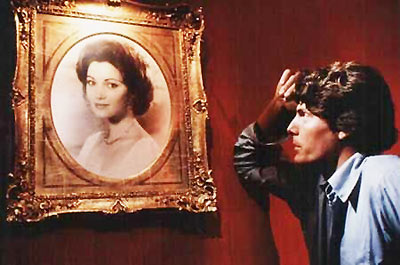
![[18944179.jpg]](https://blogger.googleusercontent.com/img/b/R29vZ2xl/AVvXsEidKFaQdDPH4P7C1ymk0cNUdwOiYsXoPMBcukK69J5lBBL7Ord_aM5pqDuuHCdiVmFbNeGZ7tJM1o-BGDZCWw2EzJDnC-uTrcOHTciaZsGumGholqSXJIDZKtz4QjFZWLsGIGR_FcwjQ5lv/s1600/18944179.jpg)



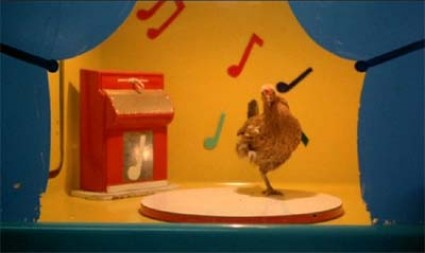
![[screenshot29584+copy.jpg]](https://blogger.googleusercontent.com/img/b/R29vZ2xl/AVvXsEiiLpWacBPTZV-1Eelrulrh7uUjySUeqvonmNgmZ4U2c6mofIvx2P_ULNQzWjkB-AGXqrPP2UTcwoe8oHHrN-iW7O0bQ9LyXEvNT2Mt5GvweIJ03AxkTawBChJfpZmDXsODduLVVDD98bJQ/s1600/screenshot29584+copy.jpg)

![[screenshot9915.jpg]](https://blogger.googleusercontent.com/img/b/R29vZ2xl/AVvXsEiuNpSXVEIN0emY03c06Irm2px2jPklt6FL0AVFPDO6CTIFe7f1CGvgUJ4lrSrVIHOmI1Hd0wBMYhiUaQ65vlpLYl83Fir7s4ylg9zKnZrOEzqSY01cM46zKdWYwKxEj96qqnnhvV8sH1yQ/s1600/screenshot9915.jpg)


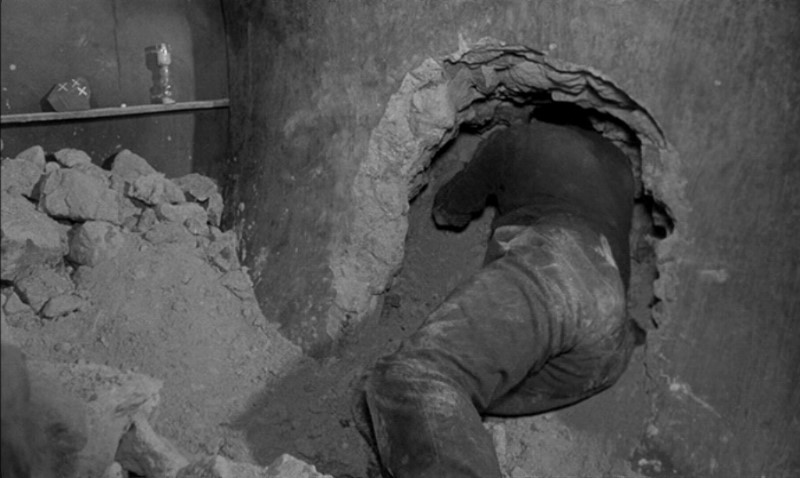



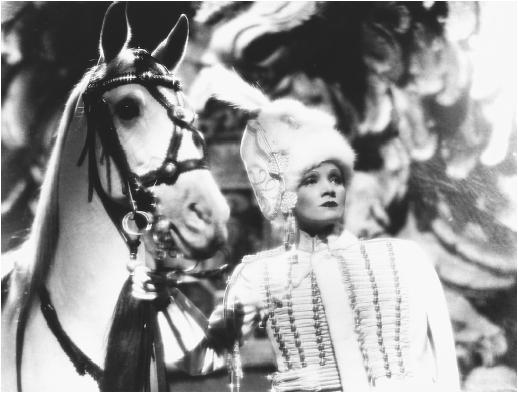

![[screenshot31819.jpg]](https://blogger.googleusercontent.com/img/b/R29vZ2xl/AVvXsEh5-qFyFrWQfZICeNb35fEB-e19TJvc6xyz0KNUnztWE4uwfzR1cvmQpwzwmSw11d4B3F25lXT5f-9506H0Icriic4Ni_-XD-d0qClvr4z1zQD_j-eI21AYHpghRu9tnAbi-KGRVA8qZmk/s1600/screenshot31819.jpg)
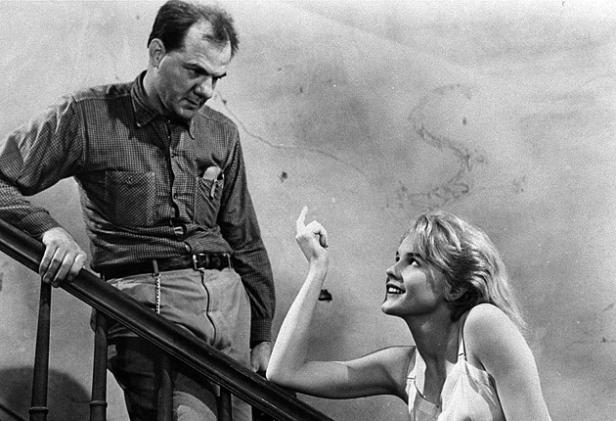




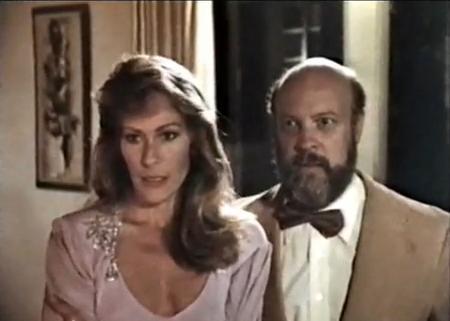



![[hausu1.jpg]](https://blogger.googleusercontent.com/img/b/R29vZ2xl/AVvXsEhdlUtujG3P0tOq0W9QGFwmBy-WV5fjHJjMZlLlmR25NimWjz-M8k6XLtbbMJDgGY2F5ZsctIHuJygPu2vUCg5ZXOKmVKmEutLKvbUAGiElC_FtalpyTEDfc_jxohkGsoRD05HO9aRIXY0/s1600/hausu1.jpg)
![[trust1.jpg]](https://blogger.googleusercontent.com/img/b/R29vZ2xl/AVvXsEivMGOXctB4GnWxXeHzXR7G0Wk_3-Kw2D2Jqp-R1CpiKtRWE2-_J2akZfPVqSOLS7nQHCq_JLTBxUU2b-UzbjngGv9M6Dwwovlg397NXysDD2uMki-Ll_hzI4QLSkZTZW1kyYAIVd1T9gc/s1600/trust1.jpg)












